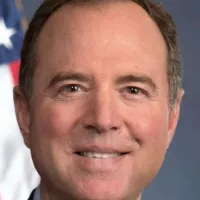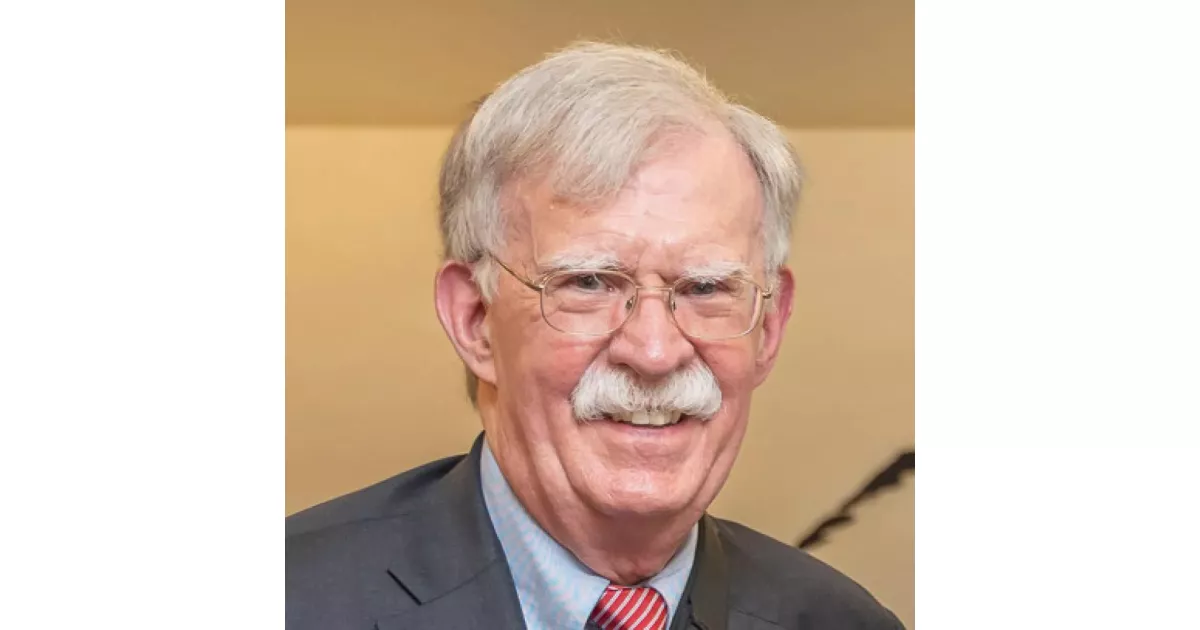Life is full of challenges, and John Bolton faced many. Discover key struggles and how they were overcome.
John Bolton is an American attorney, diplomat, and Republican consultant known for his hawkish foreign policy views. He served as the U.S. Ambassador to the United Nations (2005-2006) and as National Security Advisor (2018-2019).
May 2000: Bustani Re-elected for a four-year term
In May 2000, José Bustani had been unanimously re-elected for a four-year term—with strong U.S. support
2001: Colin Powell praised Bustani's leadership
In 2001, Colin Powell praised José Bustani's leadership.
2002: Demand for resignation of José Bustani
In 2002, John Bolton demanded the resignation of Brazilian José Bustani, head of the Organisation for the Prohibition of Chemical Weapons (OPCW), allegedly threatening Bustani's family.
April 12, 2005: Senate panel focuses on allegations that Bolton pressured intelligence analysts
On April 12, 2005, the Senate panel investigated allegations that John Bolton pressured intelligence analysts. Former State Department intelligence chief Carl W. Ford Jr. labeled Bolton a "serial abuser" of power and contradicted Bolton's earlier testimony, claiming Bolton asked him to fire an intelligence analyst.
May 26, 2005: Senate Democrats postpone vote on Bolton's UN nomination
On May 26, 2005, Senate Democrats postponed the vote on John Bolton's UN nomination, initiating the first filibuster of the year. Democrats alleged that the Bush administration withheld key documents regarding Bolton's career at the Department of State.
June 20, 2005: Senate vote on cloture regarding Bolton's nomination fails
On June 20, 2005, the Senate voted on cloture for John Bolton's UN nomination, but the vote failed. Senator Voinovich switched his previous "yes" vote and urged President Bush to pick another nominee. Later, Voinovich recanted his opposition.
July 28, 2005: Bolton's statement to the Senate deemed false
On July 28, 2005, it was revealed that John Bolton made a false statement on forms submitted to the Senate. Bolton had stated he hadn't been questioned in any investigation, but he had been interviewed by the State Department's Inspector General regarding pre-war claims of weapons of mass destruction in Iraq. The State Department later reversed its stance, claiming Bolton had simply forgotten about the investigation.
2005: Limited role in Libya WMD negotiations
According to a 2005 study, Bolton's role in negotiations with Libya regarding their weapons of mass destruction program was intentionally limited to ensure a final agreement could be reached.
November 7, 2019: Refusal to Attend Impeachment Deposition
On November 7, 2019, John Bolton refused to attend his scheduled deposition in the impeachment inquiry against Donald Trump. He threatened legal action if subpoenaed, stating his willingness to testify pending a federal court ruling on the Trump administration and Congress's competing claims.
January 20, 2021: Chinese government imposed sanctions against Bolton
On January 20, 2021, the Chinese government imposed sanctions against Bolton and 27 other Trump administration officials for interfering in China's internal affairs and undermining China-U.S. relations.
October 2021: Plot to murder Bolton
In October 2021, Shahram Poursafi, an Iranian national, plotted to allegedly murder John Bolton, likely in retaliation for the January 2020 death of Qasem Soleimani.
August 10, 2022: Iranian national charged in plot to murder Bolton
On August 10, 2022, Shahram Poursafi, an Iranian national, was charged by the United States Department of Justice in a plot to allegedly murder John Bolton in retaliation for the death of Qasem Soleimani.
January 20, 2025: Protective detail rescinded
On January 20, 2025, President Trump rescinded the protective detail from the United States Secret Service that had been granted to Bolton after the murder plot against him was revealed.
August 22, 2025: FBI Raids Bolton's Home
On August 22, 2025, FBI agents raided John Bolton's home as part of a documents investigation. The raid occurred at approximately 7 a.m., authorized by a court order, and involved a search for "classified materials" in both his home and his property in Washington, D.C.
Mentioned in this timeline

Donald John Trump is an American politician media personality and...

Adam Schiff is an American politician and lawyer currently serving...
Fox News Channel FNC is a conservative American news and...

Bill Clinton served as the nd U S President from...
Ukraine is a country in Eastern Europe the second-largest on...

Hillary Diane Rodham Clinton is a prominent American politician lawyer...
Trending

12 minutes ago Evan Mobley excited to play with James Harden; Cavaliers gain confidence.

12 minutes ago Sutton Stracke's Ex-Husband Christian Dating Her Friend: Shocking Details Revealed!

13 minutes ago Aday Mara: NBA Draft Prospect, Michigan Center, Scouting Report and Potential Overview.

13 minutes ago Cade Cunningham's MVP candidacy sparks debate alongside Wembanyama amidst NBA awards buzz.
13 minutes ago Nikola Vucevic possibly coming off Celtics' bench; Queta seeks his advice.

13 minutes ago Katie Leung Offers Advice to New Cho Chang Actress & Discusses Bridgerton Role.
Popular

Jesse Jackson is an American civil rights activist politician and...

XXXTentacion born Jahseh Dwayne Ricardo Onfroy was a controversial yet...

Michael Joseph Jackson the King of Pop was a highly...

Susan Rice is an American diplomat and public official prominent...

Barack Obama the th U S President - was the...

Hillary Diane Rodham Clinton is a prominent American politician lawyer...
